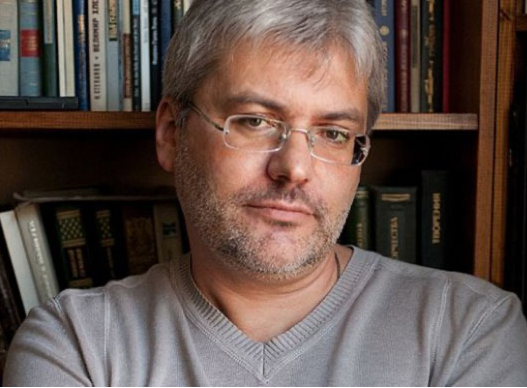The BBC’s flagship discussion program, The Forum, has run a 44-minute episode entitled Aleksandr Solzhenitsyn: Revealing the Gulag. According to its website:
The Russian author Aleksandr Solzhenitsyn was a towering literary figure whose novels, chronicles and essays have lifted the lid on the horrors of the Soviet gulag network, which over several decades incarcerated millions of often innocent prisoners. Born a hundred years ago, Solzhenitsyn survived the brutal conditions of a gulag in Kazakhstan and it was this harrowing experience that provided the impetus for his best-known works, starting with his novella, One Day in the Life of Ivan Denisovich and culminating in The Gulag Archipelago, a multi-volume history of the Soviet forced labour camps from 1918 to 1956.
Bridget Kendall is joined by two Solzhenitsyn scholars: Professor Daniel Mahoney from Assumption College in the United States and Dr. Elisa Kriza from Bamberg University; and by Professor Leona Toker of Hebrew University in Jerusalem, an expert on labour camp literature.
Go here to listen online or download the entire episode. And here below is a 2-minute excerpt:


















